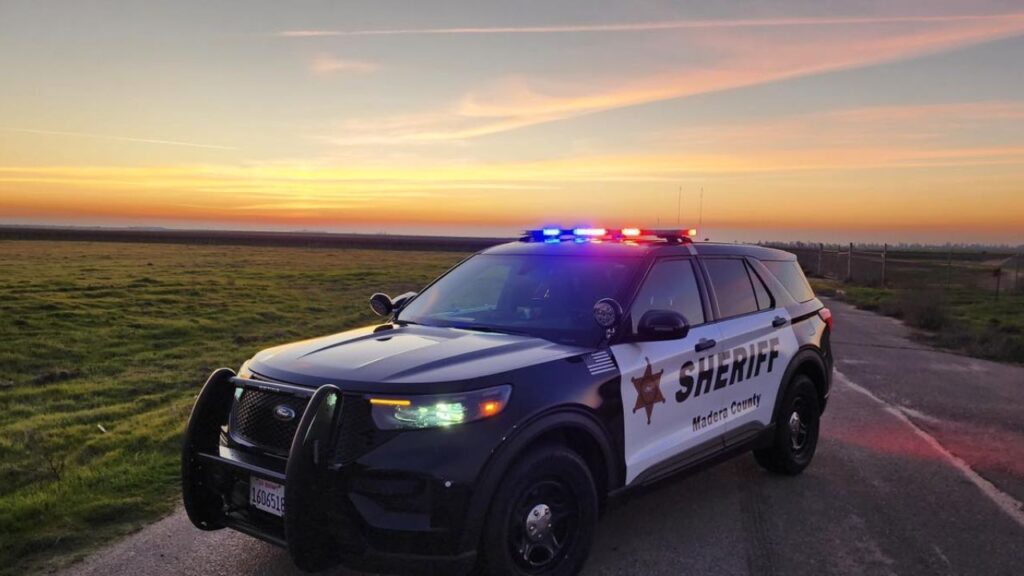
- Supreme Court on Thursday announced it would hear arguments over President Trump’s executive order ending birthright citizenship.
- The brief order by the justices was unsigned and gave no reasoning, as is typical in such emergency cases.
- On Trump’s first day in office, he issued the executive order ending birthright citizenship for certain children.
Share
|
Getting your Trinity Audio player ready...
|
WASHINGTON — The Supreme Court on Thursday announced that it would hear arguments in a few weeks over President Donald Trump’s executive order ending birthright citizenship.
The brief order by the justices was unsigned and gave no reasoning, as is typical in such emergency cases. But the move is a sign that the justices consider the matter significant enough that they would immediately consider it, rather than letting it play out in lower courts.
The justices announced they would defer any consideration of the government’s request to lift a nationwide pause on the policy until they heard oral arguments, which they set for May 15.
That means that the executive order, which would end birthright citizenship for the children of immigrants in the country without legal permission and foreign residents, will remain paused in every state while the court considers the case.
In three emergency applications, the Trump administration asked the Supreme Court to find that lower courts had erred in imposing bans on the policy that extended beyond the parties involved in the litigation. It did not ask the court to weigh in on the constitutionality of the executive order, which was challenged soon after it was signed.
Related Story: Next Phase of DOGE Is $5 Million Immigrant Visas
Trump’s Executive Order to End Birthright Citizenship
On Trump’s first day in office, he issued the executive order ending birthright citizenship, the guarantee that a person born in the United States is automatically a citizen, for certain children.
Birthright citizenship has long been considered a central tenet of the United States. The 14th Amendment, ratified after the Civil War, declares that “all persons born or naturalized in the United States, and subject to the jurisdiction thereof, are citizens of the United States and of the state wherein they reside.”
In 1898, the Supreme Court affirmed that right in a landmark case, United States v. Wong Kim Ark, guaranteeing automatic citizenship for nearly all children born in the country. Since then, courts have upheld that expansive interpretation.
Some allies of Trump have argued that the 14th Amendment should never have been interpreted to give citizenship to everyone born in the country. Among them: John Eastman, a constitutional law scholar and former Supreme Court law clerk who was one of the architects of the scheme to create fake slates of pro-Trump electors in states that Joe Biden won in the 2020 election.
A number of legal challenges followed Trump’s executive order, and federal courts in Massachusetts, Maryland and Washington state issued temporary injunctions that put the order on hold for the entire country while courts considered the challenges.
Those temporary blocks, called nationwide injunctions, have been hotly debated for years, and the Trump administration focused its request to the Supreme Court as a challenge to such orders.
In a brief to the justices, Solicitor General D. John Sauer argued that nationwide injunctions were a relatively recent phenomenon that had a “dramatic upsurge” during the first Trump administration “followed by an explosion in the last three months.” Sauer argued that those blocks on policies exceeded lower courts’ authority and “gravely encroach on the president’s executive power” under the Constitution.
“This court’s intervention is urgently needed to restore the constitutional balance of separated powers,” Sauer wrote.
Lawyers for those challenging the executive order urged the justices to reject the government’s argument.
In a brief filed on behalf of Washington state, Arizona and Oregon, lawyers called the focus on nationwide injunctions a “myopic request” that “fails this court’s rules for granting a stay.”
“Being directed to follow the law as it has been universally understood for over 125 years is not an emergency warranting the extraordinary remedy of a stay,” the brief from the group of states said.
This article originally appeared in The New York Times.
c. 2025 The New York Times Company
RELATED TOPICS:
Categories

What to Know About the Homeland Security Shutdown


















